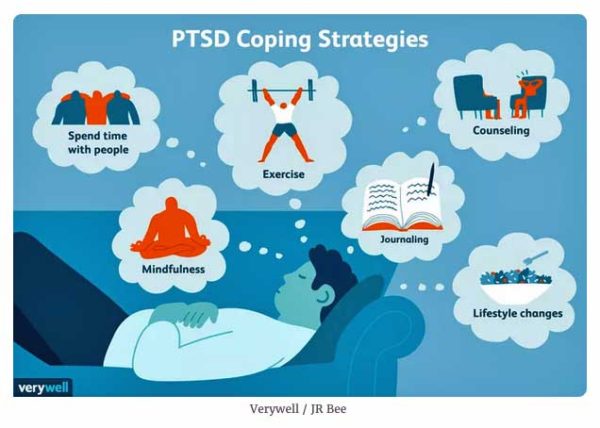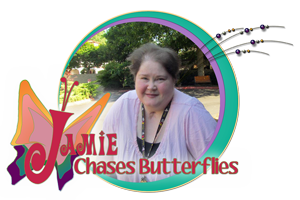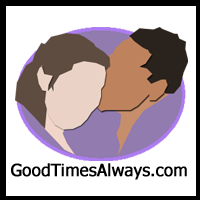Trauma happens in many different forms and situations.: veterans, child abuse, domestic violence, rape survivors, and those with stressful job experiences like the police, firemen, emergency medical technicians (EMTs) and other first responders. Sometimes the after-effects of trauma cause people to experience PTSD (Post Traumatic Stress Disorder). The effects of PTSD affect the people who live with it mentally, physically, on the job, and in relationships. PTSD is a form of an anxiety disorder that causes a person to suffer:
- Mental anguish
- Nightmares
- Anger issues
- Depression
The Causes of PTSD:
- Stressful experiences.
- Inherited mental risk: for example a family member who is fighting depression and PTSD and anxiety themselves.
- Inherited temperament
- Brain regulation issues from hormones and chemicals of the body.
There are triggers that can cause someone to have a PTSD episode. There are two different types of triggers:
-
Internal triggers which include, feeling lonely, anger, sadness, feeling vulnerable, muscle tension, memories, and physical pain.
-
External triggers such as watching a news program, a movie, TV show, certain smells and sounds, anniversaries that come up, holidays, places, and certain types of people.
Risk Factors for PTSD:
- Intense trauma
- Trauma from childhood
- An abusive relationship
- A job that has traumatic events happening, such as military, police, firemen, and first responders.
- Substance abuse
- Alcohol abuse
- Lacking a good support system
- Blood relatives with mental illness
PTSD is a real mental illness and there should be no shame in having this anxiety disorder.

Things you can do to take care of yourself:
- Explain your experience with others
Let people know that you suffer from PTSD and that sometimes you have triggers. Communicating what you need helps the people around you know what you need to feel you are safe and they will be more comfortable knowing what is going on. - Educate yourself
Research for yourself and others about what PTSD is and what treatments are available. - Find supportive connections
- Spend time with positive people
Don’t isolate yourself. - Focus on mindfulness
Mindfulness is being in the moment, making decisions based on the current circumstances and making efforts to not dwell on the past. - Get regular exercise
Exercise is great for mental health and physical health because it helps your brain release endorphins (our happy hormones) and helps our muscles release the cortisol in our muscles caused by anxiety. There are so many different types of exercise so explore them. Have fun. - Participate in counseling
Talking with a trained professional will help you gain focus on what is right in your life as well as help you see where you can make positive changes. - Keep a journal
Journaling will help you release negative thoughts in a positive way. It will also help you keep track of your success and growth which encourages more success and growth. Journaling can also help you learn your triggers and help you create an action plan for the next time you might be in that situation. - Have a job if you can work
A job is a great way to distract your mind from unhealthy thoughts. It is also a way to create a feeling of success and usefulness in your life. You might even make a few new friends.
Treatment is available. Consider seeking it. Here are some treatment options:
- Medications such as antidepressants
- Psychotherapy such as exposure and cognitive. Exposure therapy is being slowly exposed to trauma by writing about it, visiting a place that invokes a feeling of trauma, or engaging in communication with the person that triggers you. Cognitive therapy is trying to make sense of the memories and the trauma itself through talking.
- Engage in mild exercise
- Break up large tasks into smaller ones so you aren’t overwhelmed
- Expect symptoms to slowly improve.
CORRECTION: Before we began talking about Challenge 22 we blindly called it Mission 22, without checking to see if that name was being used for something else. Wellness Works NW wants to apologize to Mission 22®. We are thankful they understood that we meant no malice and support their wonderful work with Veterans. Please check out their website at Mission22.com for more details about what they do to help our veterans.
The Wellness Works NW Team works with different types of people with many different types of issues. We are safe and we try to be supportive. If you need a topic researched or you would like prayer we are there for you.
Karen G Clemenson is a wonderful coach, Wellness Advocate, and Personal Trainer all rolled up into one individual. If you want help with making an exercise routine that helps you with PTSD or other mental or physical illness then Karen is your woman. Karen is an army veteran, she is a survivor of trauma, and most importantly she wants others to live well and be the best they can be.
Make sure to check out Wellness Works NW’s Videos on YouTube.
Here are some links I would like to share with you:
- PTSD: National Center for PTSD website
- Image Credit: Coping with PTSD by Matthew Tull, PhD and medically reviewed by Steven Gans, MD for VeryWell Mind
- Image Credit: Living with PTSD? How to Manage Anxiety and Flashbacks by Cleveland Clinic Staff
- Post-Traumatic Stress Disorder by National Institute of Mental Health Staff
- Post-traumatic stress Disorder (PTSD) by Mayo Clinic Staff
- What is Posttraumatic Stress Disorder? by American Psychiatric Association Staff
Related Articles
 Jamie Holloway is a co-owner of Wellness Works NW and she is also our Research Manager and writes our Chasing Wellness with Jamie Holloway and Dear Jamie columns. Jamie is also an Independent Wellness Advocate at dōTERRA. She lives in the Portland, Oregon area. Since October 2011 she has been sharing her Journey Toward Health and Wellness with Vasculitis through her blog at JamieChasesButterflies.com. We hope you are as inspired as we are with the raw candor Jamie uses in her writing. If you would like to help support Jamie’s writing efforts please Donate now.
Jamie Holloway is a co-owner of Wellness Works NW and she is also our Research Manager and writes our Chasing Wellness with Jamie Holloway and Dear Jamie columns. Jamie is also an Independent Wellness Advocate at dōTERRA. She lives in the Portland, Oregon area. Since October 2011 she has been sharing her Journey Toward Health and Wellness with Vasculitis through her blog at JamieChasesButterflies.com. We hope you are as inspired as we are with the raw candor Jamie uses in her writing. If you would like to help support Jamie’s writing efforts please Donate now.













